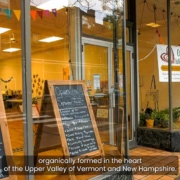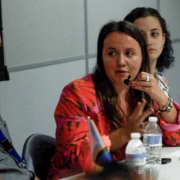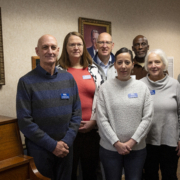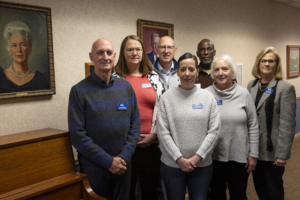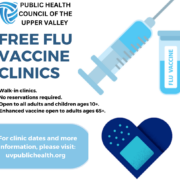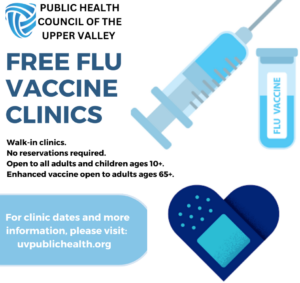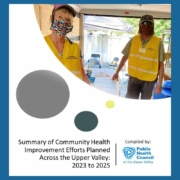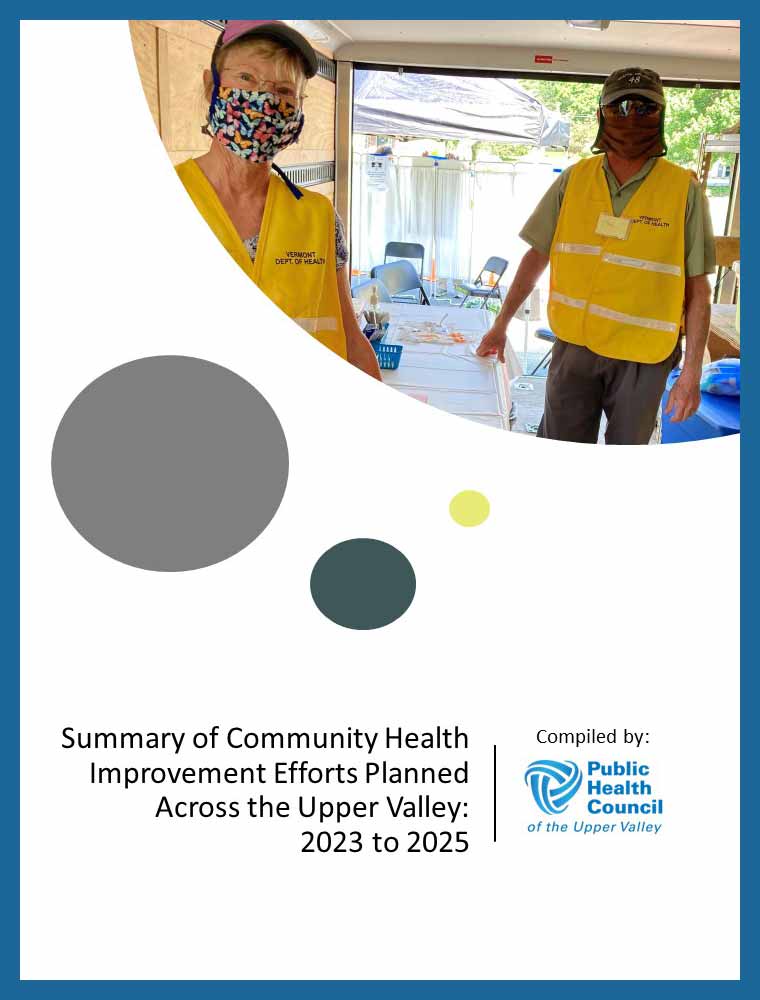One Heart Wellness Cooperative
One Heart Wellness believes that every moment is an opportunity to choose wellness and balance and find harmony. We are a health cooperative that works in Windsor, Vermont – and surrounding areas – to provide whole person care in the form of: yoga, martial arts, dancing, massage, acupuncture, meditation, nutrition counseling, discussion groups and a constantly evolving list of other offerings. In the seven years since we first started, our offerings have shifted to meet the needs of the community – something that we will continue to do for as long as we exist.
The story of our cooperative is filled with serendipity and meaningful connections, and we hope to weave those connections throughout the community we serve in order to create a resilient, healthful, loving space for all. Our new space in Windsor, Vermont creates more opportunities for our community to participate in our offerings. We have had people seek out bodywork services here, as well as others who stop by for a warm meal and a chance to connect with others.
We want to make sure we are honoring the diversity of our community, while also coming together in unity to care for each other in this turbulent world. That is why we operate as a cooperative that welcomes people to share their gifts with the community in the ways that feel most connective and collective. We leave it to our community to define what wellness means to them, creating an expansive view of how this space can be used and what gifts can be offered here.
Following the floods in Vermont this summer, we started a weekly benefit concert series that takes place on Fridays. These gatherings have vendors and are potluck-style. Some of our practitioners and artists also take part.
We really believe that everyone who shows up to One Heart Wellness belongs here, and that we have as much to learn from you as you have to learn from us. We want to hear about your ideas and hopes for this space. We hope to see you and your loved ones – of all ages – here someday soon.
